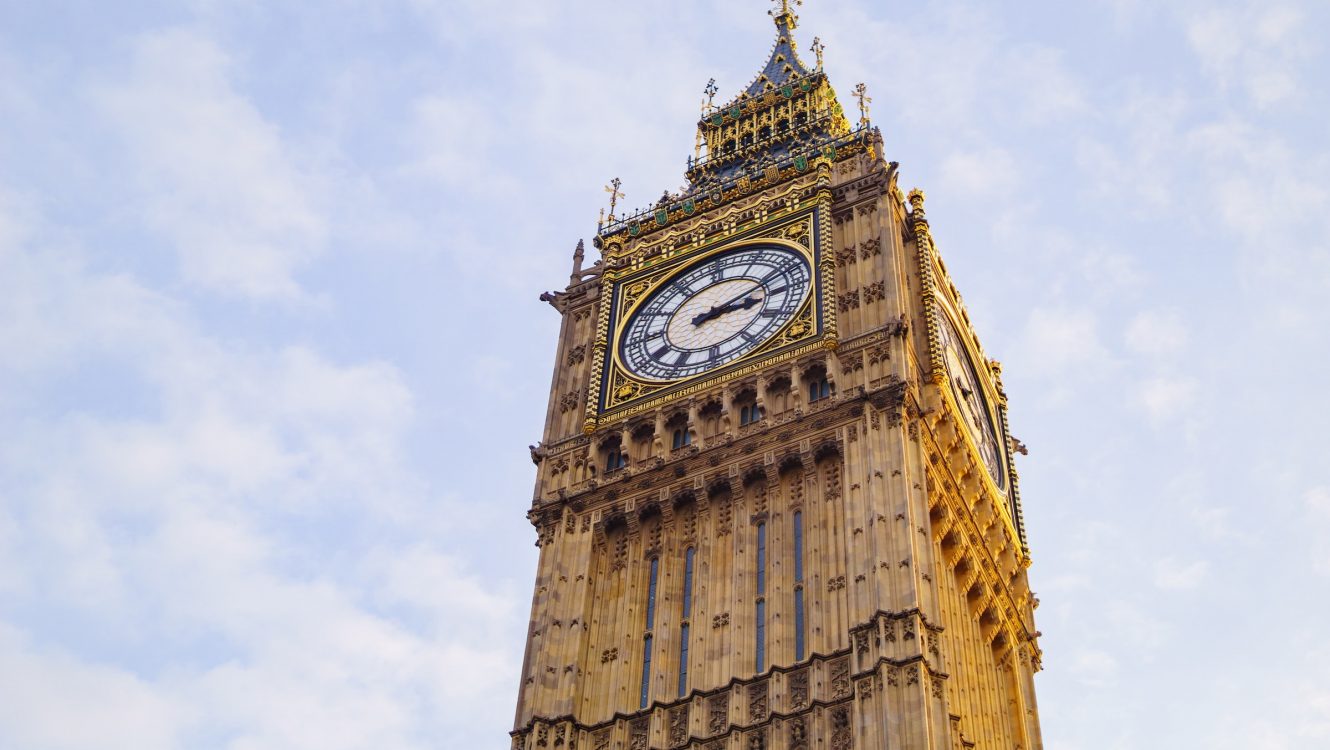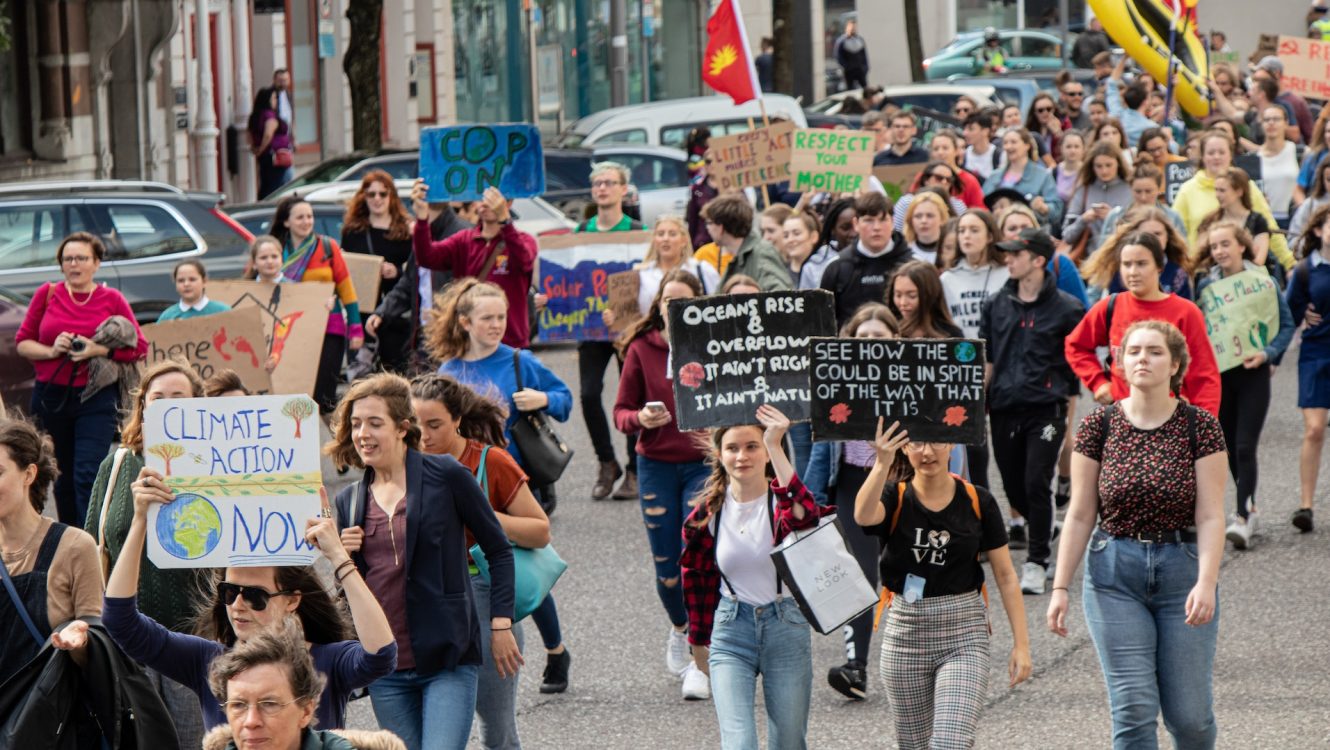Oatly Pushes for Mandatory Climate Labelling on UK Food and Drink Products
In an audacious step forward, Sweden’s renowned plant-based food producer, Oatly, is championing a mission for ‘environmental impact tags’ on all edibles and beverages in the UK. Their objective is to shed light on the carbon imprint of the nation’s dietary choices.
Official statistics reveal that milk manufacturing contributes a significant 2.8 per cent of the UK’s carbon emissions. Given this, Oatly’s thrust for honesty in food production is not just praiseworthy—it’s imperative. The brand, a pioneer in crafting oat-based dairy alternatives, has consistently advocated for industry transparency. Doubling down on their commitment, Oatly now extends an olive branch by offering complimentary ad space to dairy firms willing to disclose the environmental repercussions of their goods.
A Nation’s Nod to Carbon Footprint Indicators
The foundation of Oatly’s campaign is a robust public endorsement. Their research points to a broad consensus in favour of environmental impact labels on consumables, especially among millennials. According to Oatly’s findings, a significant majority support the introduction of such labelling, with a sizable proportion advocating for its mandatory inclusion.
Importantly, the insights suggest that factual information on carbon footprints could indeed reshape shopping habits. Close to 60% indicated a willingness to reconsider or even cease purchasing items with a high environmental impact if they were privy to accurate emissions data. This inclination was more pronounced among younger respondents, aged 18-34.
An Appeal for Regulatory Evolution
Oatly’s mission transcends mere corporate responsibility. They are amplifying their voice to mandate environmental labelling across the board. By emphasizing that the food industry contributes to 35 per cent of the UK’s total carbon emissions, Oatly underscores the role consumers can play in driving sustainable choices.

The company’s stance is unambiguous. “Consumer habits in food selection have the potential to offer ecological dividends unparalleled by production shifts alone.” Drawing on the transparency seen in other sectors, Oatly equates the need for carbon data in food to emission details for vehicles and efficiency ratings for household gadgets. “Consistency in transparency must extend to what we consume,” they stress.
Towards an Era of Enhanced Openness
There are indications that the UK’s policymakers are heeding the call. The nascent Food Data Transparency Partnership is a testament to this shift. Constituted by industry frontrunners and thought leaders, its agenda includes fortifying the health and sustainability aspects of food through enriched data disclosure. Central to its mandate is the evolution of a unified approach to voluntary environmental food labelling.
Final Thoughts
As climate consciousness surges globally, Oatly’s campaign, bolstered by popular support, heralds a call to arms for the culinary sector to embrace enhanced transparency. With the looming threat of climate change, industries, especially those with sizable environmental impacts, must assume a proactive stance. Oatly’s insistence on obligatory environmental labelling might just set the stage for an industry revolution, empowering consumers and holding producers to account.
©globalgreenhouse.eu








